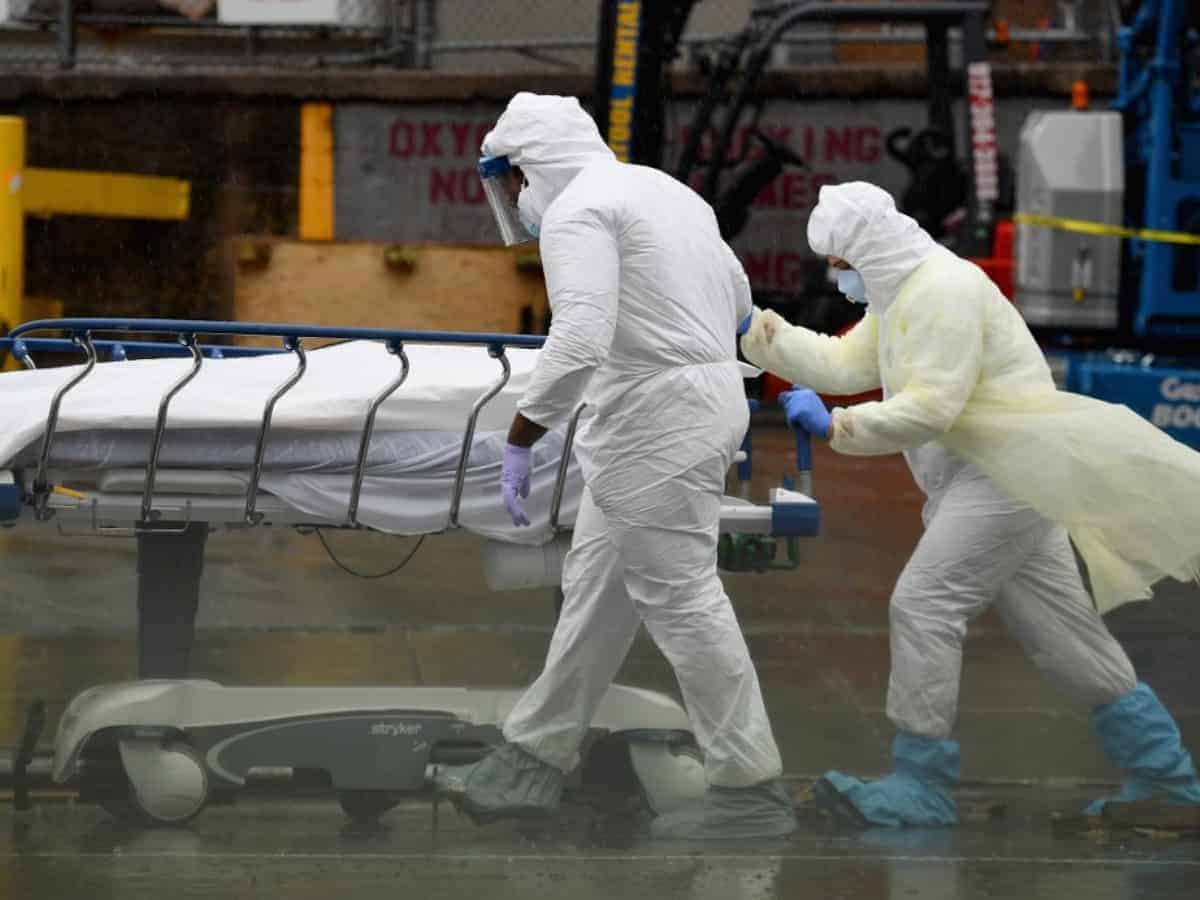London: The UK recorded 1,041 deaths from the coronavirus on Wednesday, the highest since the peak of the pandemic in April last year, as Members of Parliament retrospectively voted on a new nationwide lockdown that is already legally enforceable.
Official figures also revealed another 62,322 infections, which brings the total number of test-confirmed coronavirus cases in the UK to 2,836,801 largely the result of a new highly transmissible variant of the deadly virus.
The stark figures came as UK Prime Minister Boris Johnson addressed the House of Commons for a lockdown debate to warn that the country’s third national lockdown will be a “gradual unwrapping” and not a “big bang”, which is why the legislation being voted through would run until the end of March.
We should remain extremely cautious about the timetable ahead and as was the case last spring, our emergence from the lockdown cocoon will be not a big bang but a gradual unwrapping. That is why the legislation this House will vote on runs until March 31,” said Johnson.
“Not because we expect the full national lockdown to continue until then, but to allow a steady, controlled and evidence-led move carefully brick-by-brick, as it were, breaking free of our confinement but without risking the hard-won gains that protections have given us, he said.
While the restrictions involving a blanket stay-at-home message except for essential reasons as schools and most businesses remain closed are to remain in place at least until mid-February, there is a statutory requirement on the government to review the restrictions every two weeks. But Johnson pointed to vaccines providing a “means of escape” that did not exist last year.
After the marathon of last year, we are indeed now in a sprint, a race to vaccinate the vulnerable faster than the virus can reach them. Every needle in every arm makes a difference, said Johnson.
Meanwhile, UK Education Secretary Gavin Williamson told the specially-convened Commons that all broad level exams GCSEs, A-level and AS-level would be cancelled this year in England and replaced by a form of teacher-assessed grades.
“This year, we’re going to put our trust in teachers, rather than algorithms,” he said, making a reference to the controversy over the way computer-generated grades were awarded to some students last year.
All national curriculum tests for primary school children, often known as SATs, also stand cancelled. Every school is expected to provide between three and five hours of virtual teaching each day and 750,000 laptop and tablet devices are to be distributed by the end of next week.

